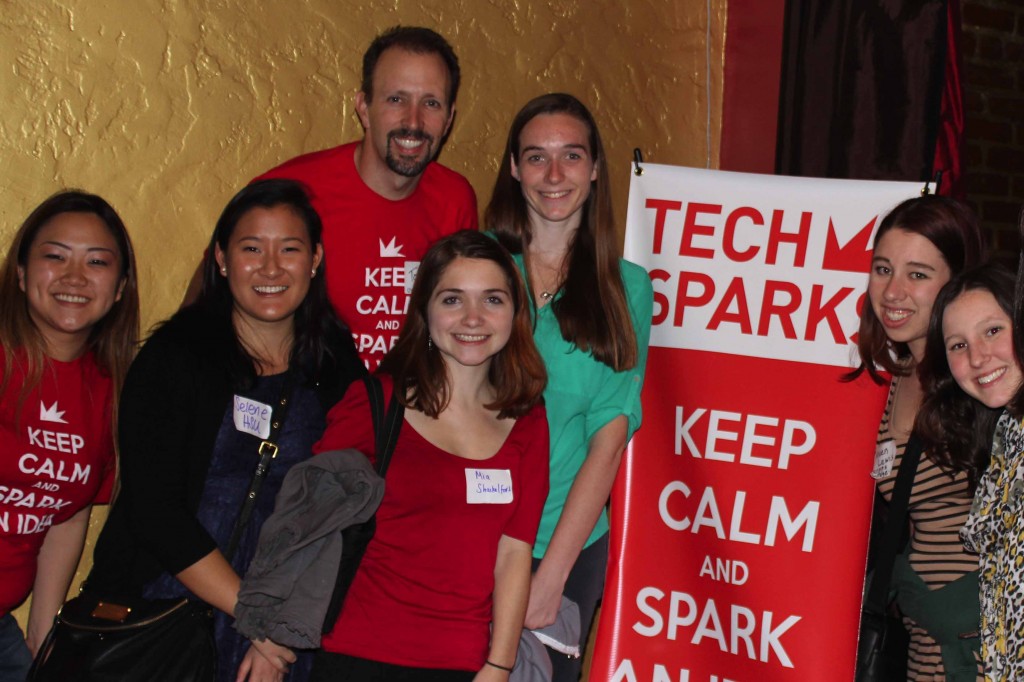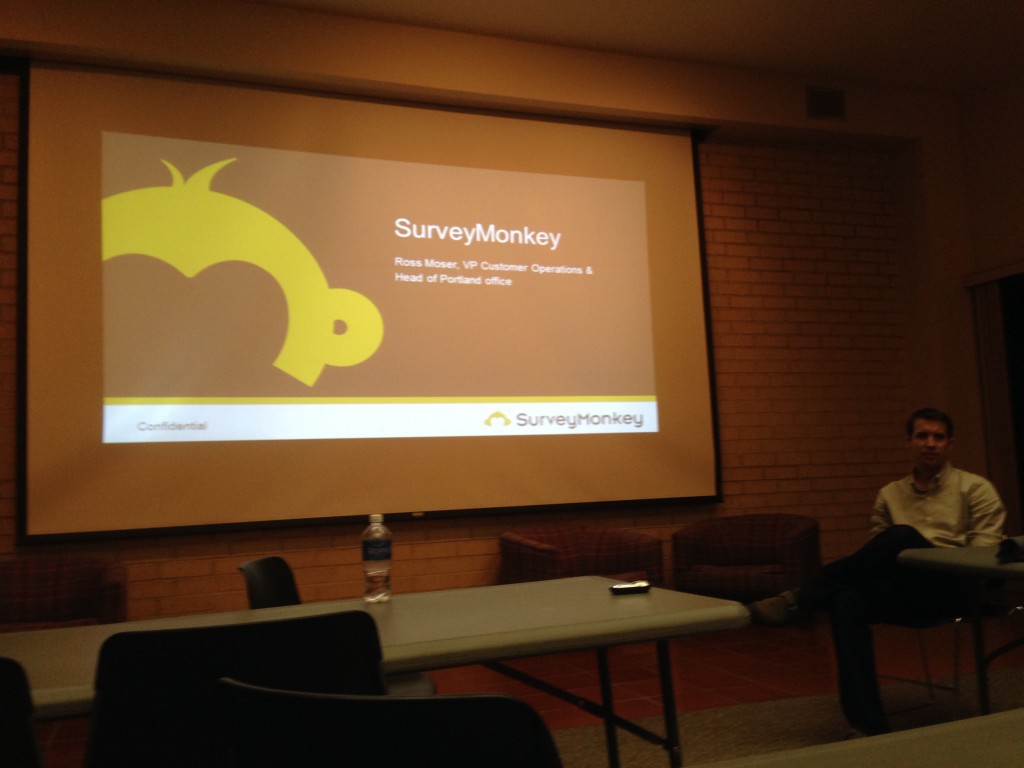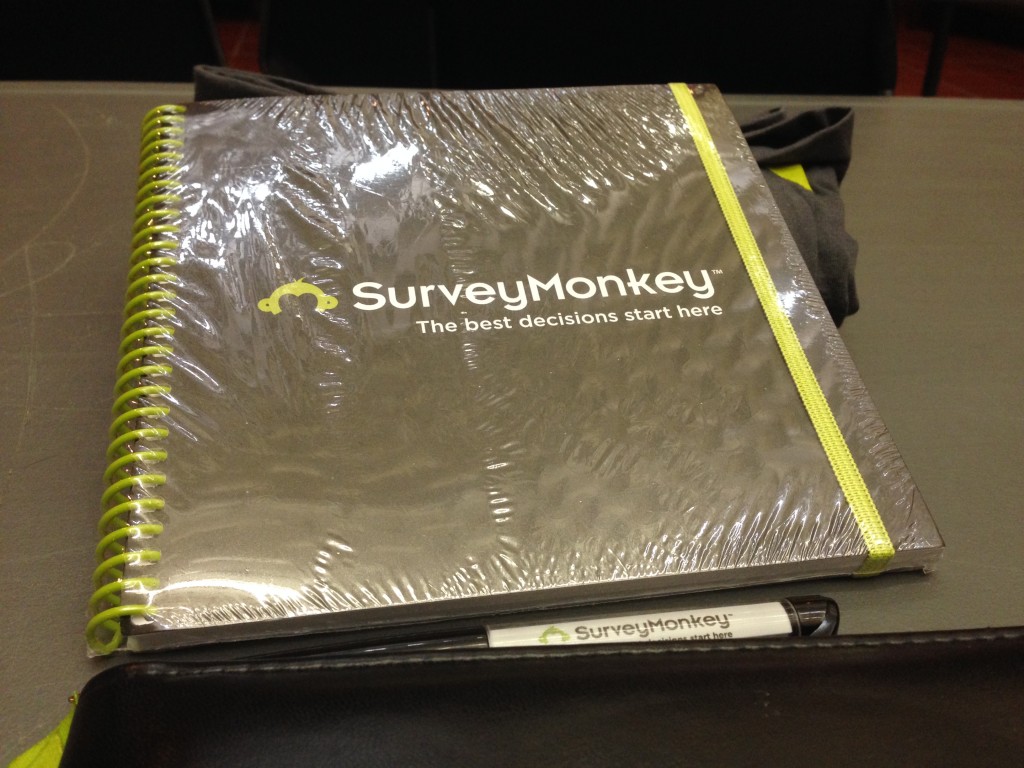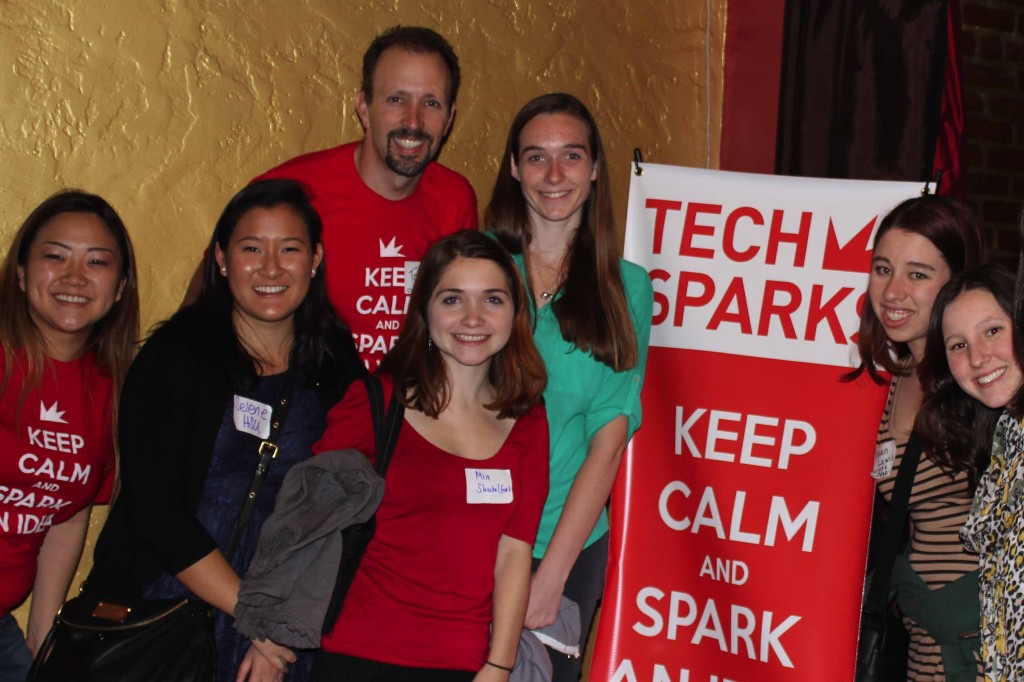So last week I dropped some earth-shattering knowledge on y’all and told you that the tech industry isn’t exactly diverse or inclusive. (Wait, that wasn’t surprising? My bad…) Hopefully my tantalizing cliffhanger was at least interesting enough to convince you to come back and read more. Here’s hoping I come through for you…
HOW DO WE DO IT?
I don’t have all the answers, in fact, I may not have any answers. I have ideas, I have inspiring people in my life who help me create more, and I have knowledge from organizations that have already started this work. I can’t wait to work within the industry to test my ideas, find out what works and doesn’t work, and continually create new solutions. But until then, this is what I’ve got:
1) Let’s talk.
I don’t mean, “Let’s have sensitivity training!” or “Let’s publish our diversity statistics and make a PR campaign!” I mean we should actually talk about why (and how) the tech industry is a White Boys’ Club. Talk about what you see, and don’t see, within your company. Talk about it with your peers but also your bosses; talk about it with other developers but also recruiters. There’s this idea that we need to tiptoe around diversity issues, but I think that makes the problem worse. We have biases (yes, all of us) about who belongs in tech. We need to address these biases and one way to do that is to talk about it, to ask questions, and to start the discussions. You can talk about how the internal culture may not be inclusive for all identities, how recruiting processes limit the few candidates of color who receive interviews, how position descriptions can be gendered, or how just about everyone but white men are weeded out of STEM tracks (and accelerated classes!) even before college. All you have to do is start the conversation… and don’t let it end.
2) Change how you recruit.
Recruiters and talent scouts, this one’s for you. Tech hires from particular sources, we all know that, but if you keep hiring from the same sources, you’ll keep seeing the same results. Find out what schools encourage women to pursue technical degrees (HMC SHOUT OUT!!!) and recruit there. Look for schools that have CS and Engineering majors and a significant population of people of color. Next, keep in mind how traditionally underrepresented groups will read your position descriptions. who your position descriptions are written for. And if you want to hire for diversity, say it and own it. Of course, don’t say you’re hiring for diversity because you need to improve statistics, because very few people are interested in being simply a percentage. Explain what you’re doing in regards to diversity and inclusion at your company and how hiring will affect these efforts. When underrepresented groups are looking at your careers page and seeing a lot of white men’s faces, they might want to know that you are looking outside of the traditional mold. (It makes me feel better about applying!) As far as the application process, think about how the applicant may feel in particular settings (check out these suggestions!) but also keep in mind your own biases. Scripps student Mia Shackelford has a simple yet brilliant suggestion for reducing biases that made me wonder why it hasn’t be implemented already: blind first round recruiting. No names, pictures, or other identifying features attached to first round reviews of applicants. This way, you avoid biases preventing you from hiring candidates that may not be the traditional “fit”.
3) Learn from others.
Fortunately there are many organizations who care about diversity in tech – not just companies like Google and Facebook who have widely publicized diversity initiatives. There are many organizations working to enhance diversity within the tech industry and they have opportunities to volunteer and partner with them. This is by no means an exhaustive list, but some examples are: Black Girls Code, CODE2040, STEAM:CODERS, Pipeline Fellowship, Lesbians Who Tech, Latinas in Computing, and Ada Initiative. These organizations are amazing, but they can’t be expected to do it alone, which is why tech companies ought to learn from them and work with them.
It’s not perfect; it’s not everything. But it’s a start. Last week, I promised ways that we can start to fix this, so I hope this can serve as the beginning to something awesome! I’d love to hear what else you think the tech industry can do to lose its Boys’ Club rep and start to live up to my high expectations by establishing a diverse space and creating opportunities for all people – not just white men.






